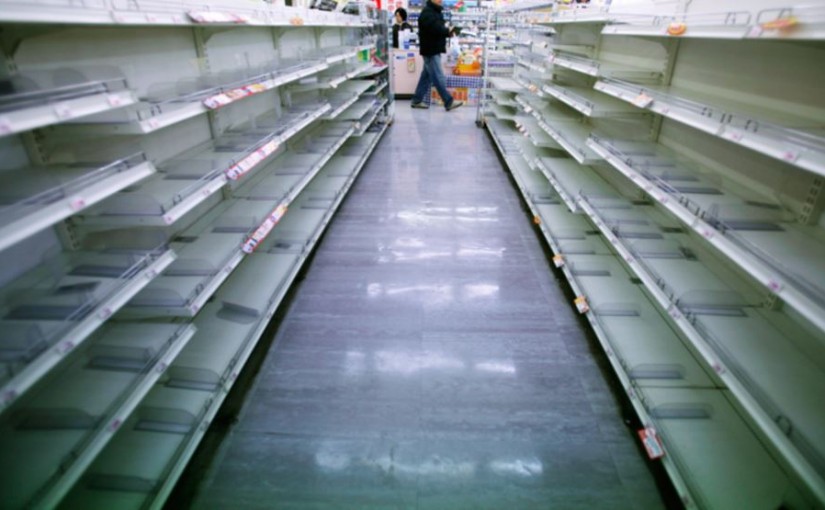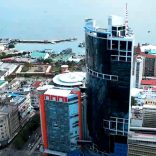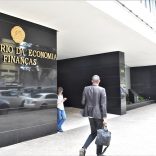African central banks, including Mozambique, to join emerging-market peers easing rates - Bloomberg
Shelves in Mozambique’s supermarkets may soon be empty, as in the 1980’s – Economist

Economist Ragendra de Sousa warns that the suspension of support from the IMF, the World Band and the United Kingdom will influence Mozambique’s balance of trade.
The suspension by the World Bank of direct financial assistance to Mozambique’s state budget has the potential to damage the country’s ability to meet the basic needs of the population, he adds.
“Food itself forms a large part of the country’s imports,” de Sousa points out. “Direct support to the budget helped keep our international currency reserves up. With that gone, you can imagine… .”
According to Ragendra de Sousa, if the situation is not resolved, the country will experience a “quasi-paralysis”.
The suspension of direct World Bank support for Mozambique was announced on Wednesday, April 27, two weeks after the International Monetary Fund decided to halt negotiations on a loan to Mozambique following the discovery of undisclosed debts of more than one billion US dollars.
De Sousa told VOA that he has no doubt that other donors may do the same until confidence is restored.
Indeed, following the World Bank decision, the United Kingdom announced on Thursday, April 28, that aid to Mozambique, which receives more than 40 percent of its budget from donors, would be suspended.
With international reserves strongly dependant on direct budget support, there are bound to be implications for food imports, de Sousa explained.
“Supermarkets will go back to having the empty shelves,” as happened in the 1980s, he said, adding that he feared it would be hard to “assuage people’s anger” if there are demonstrations.
Civil society and political parties, including members of Frelimo, the party in power, have demanded those who negotiated large debts in the final years of former president Armando Guebuza’s mandate to be held accountable.
“If donors and other finance suppliers insist on us going through this process,” continued Ragendra, “I don’t see how the government can stop it.”
The debt scandal comes at exactly the time when Mozambicans was starting to hope that investment in the extractive industries could salvage the national economy.
Ragendra de Sousa discards the posibility of the sale of these resources in advance, which this turns out to be complicated, because “for this to happen, the positive opinion of the IMF and World Bank is necessary”, and without restoring the country’s credibility, no buyer will take the risk.
Without restoring Mozambican credibility, no buyer will be able to take the risk, he said.
The debts which have involved Mozambique in this scandal were contracted to Credit Suisse and the Russian bank VTB by companies belonging to the Mozambican government in processes that analyst say were of dubious transparency
“How does a bank finance without even coming to the country see if the company has a headquarters?” asked Ragendra de Sousa.












Leave a Reply
Be the First to Comment!
You must be logged in to post a comment.
You must be logged in to post a comment.